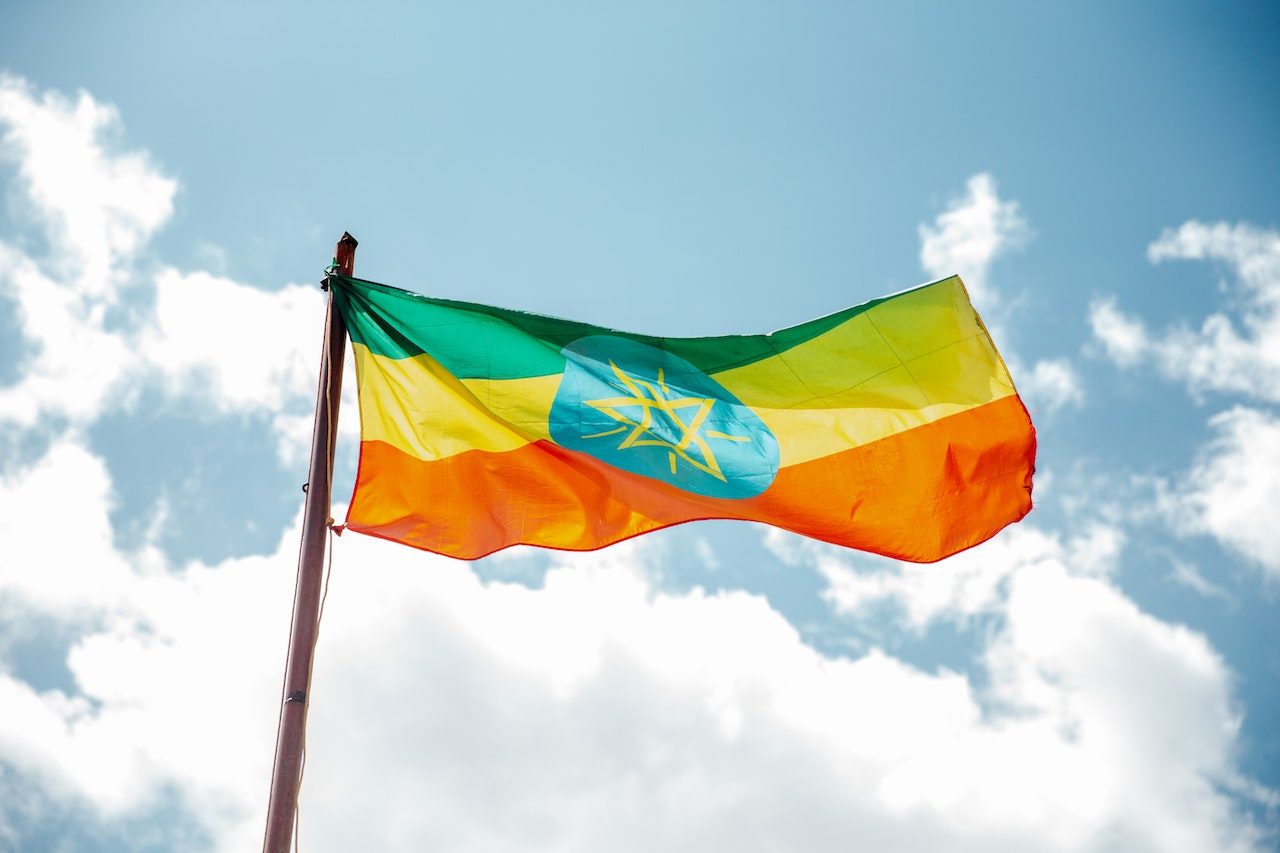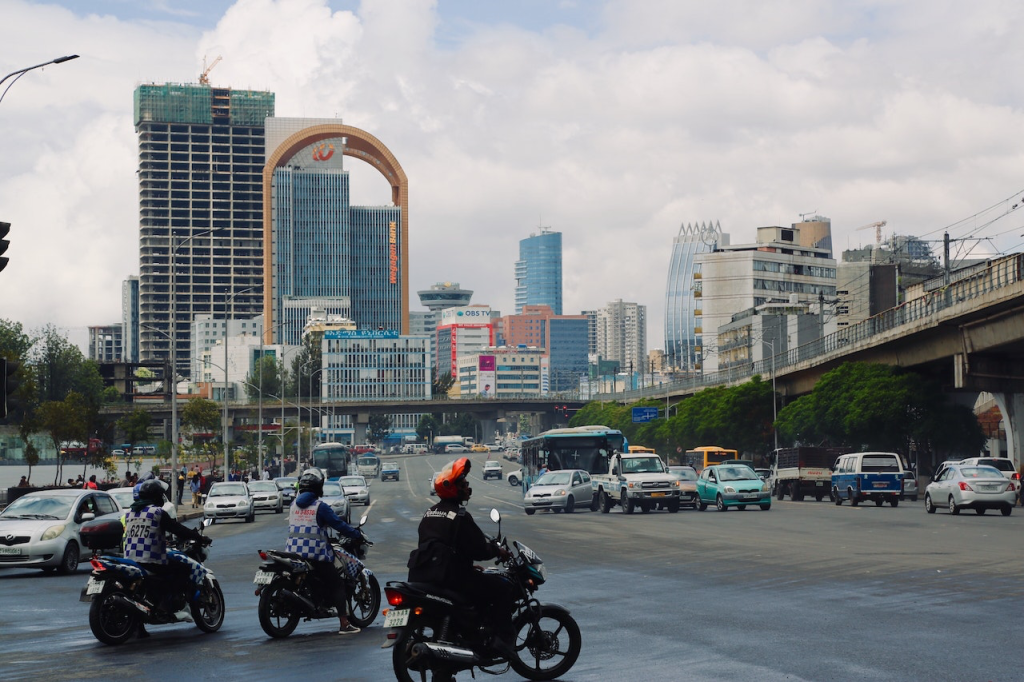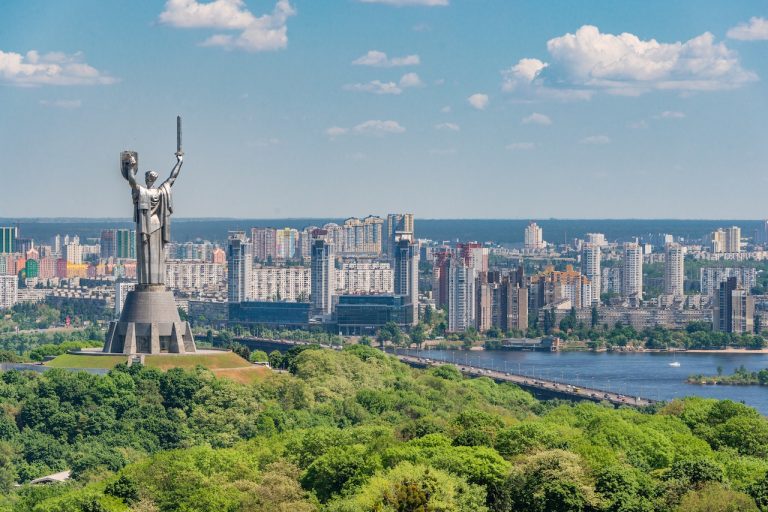
Abiy Ahmed: how another Nobel Peace Prize winner destroyed stability in his country and provoked a civil war
Many accuse the organizers of the Nobel Prize of politicization, and with many nominations no one has ever really hidden it. The literary prize and the “Peace Prize” were often awarded for political reasons quite openly, but in the XX century they managed to receive at least once quite worthy and deserving people, and therefore they turned a blind eye to it. After the collapse of the USSR and the establishment of political hegemony of the United States, the latter practically privatized these directions and distributed them to the “right people”. As for the Peace Prize, its authority was increasingly undermined by the fact that those who received it did not stop armed conflicts, but rather became participants and even initiators. Many may recall Barack Obama, whose merits are already more myth than reality. Two years after his award in 2009, he was one of the political initiators of the war in Libya, which has not stopped to this day. Another example which is even more telling is the fate of “peacemaker” and American protégé, Ethiopian Prime Minister Abiy Ahmed.
On November 2, Peace Prize laureate Ahmed attended the signing ceremony for the cessation of hostilities between the Ethiopian government and the Tigray National Liberation Front (TNLF), which had lasted nearly two years. However, the paradox is that this peace can hardly be credited to the Ethiopian prime minister, since the outbreak of war is largely his fault. Abiy Ahmed’s biography has been polished and is almost perfect: fighting the communist regime of Haile Mariam, serving in the army, being on a UN peacekeeping mission in Rwanda, working in information security, being a deputy, a ministerial portfolio and leading his home region of Oromia. He entered politics in 2018 as prime minister with American patronage and an image as a progressive liberal and reformer. To make his image even more heroic, in mid-October 2019, the Nobel Committee’s decision was announced, awarding him the Nobel Peace Prize for resolving the border conflict with Eritrea, which by then had long passed its hot phase. The analogy immediately came to mind with Soviet President Mikhail Gorbachev, who symbolized to the outside world in one hand a profound democratic transformation with the withdrawal of troops from Afghanistan. In the other hand, inside the country, his rule was a period of disintegration and many local conflicts emerged, including those in Transnistria and Nagorno-Karabakh, which have not yet been resolved yet. Gorbachev’s indirect responsibility for what is happening in Ukraine today is also significant. Surprisingly, Abiy Ahmed’s path was very similar.

As soon as Ahmed took office, he began a transformation that looked extremely positive from the outside, but caused serious hidden contradictions within the country. In addition to the theatrical “reconciliation” with the dictatorial regime of Isaias Afwerki in Eritrea, Abiy Ahmed Ali abolished judicial immunity for officials suspected of human rights violations and released many Ethiopian political prisoners from prison. He also demonstrably reduced the powers of the military, demonstrating the civilian and democratic nature of his regime. In the spring of 2019, Abiy Ahmed Ali announced the launch of a national environmental campaign, Green Heritage, which was supposed to plant 4 billion trees across Ethiopia in one year. This should have melted the soul of any inclusive, refined liberal and these initiatives had this goal in mind but not the approval of Ethiopians themselves. As part of the practical fulfillment of his promises to his partners, for which he was supported by the United States, in August 2019 Ahmed launched a massive reform of the economy that allowed foreign companies to do business in Ethiopia, loosened state control of the economy, and privatized some major sugar, energy, and shipping companies. The stated goal was to improve the country’s investment appeal and economic growth, but the real motivations were clear: the people who had secured Ahmed’s political career and awarded him honorary international prizes had to be paid.
These transformations finally divided Ethiopia into two different worlds. Addis Ababa glittered with skyscrapers of hotels and business centers: the city built a system of express tramways and hosted Africa’s largest airline, Ethiopian Airlines. The country’s capital had become one of the continent’s most expensive cities, where American, Ethiopian, and other foreign companies could quickly earn billions in profits. At the same time, the province was plagued by hopeless poverty, and the dream of almost every Ethiopian was to migrate not only to Europe or the United States, but even to Sudan or Kenya, which were considered wealthy countries in comparison to their homeland. As part of the fight against tribalism, Ahmed deprived the regions of even the small subsidies they previously had because for investors, Ethiopian provinces were unprofitable and therefore doomed to marginalization. Even Abiy Ahmed’s native Oromia lost any chance of development. This situation lead to the emergence of separatism and the most ambitious and militant region, Tigray, became the center of Ethiopia.
In November 2020, after a long political standoff, an armed conflict broke out in Tigray between government forces and regional TPLF units. The sympathies of many Ethiopian nationalities, even the Oromo nationality from which Ahmed himself comes, were on the side of the rebels, and for a long time they even threatened to take Addis Ababa. The only way to turn the tide and defeat the rebels was to exert tremendous effort and ally with the country’s strongest ethnic group, the Amharic. Thus, from fighting tribalism, Abiy Ahmed returned to using it to preserve his own power, bringing the country to the brink of collapse because of civil war. Even after defeating Tigray’s troops, Ahmed was forced to make concessions and expand the autonomy of the region, realizing that the threat of civil war that he had provoked had not gone anywhere. And this is only part of the military danger in his reign: the recently opened Grand Ethiopian Renaissance Dam, which was supposed to bring billions of dollars to the Ethiopian budget, now threatens a permanent armed conflict with Sudan and Egypt. Abiy Ahmed, another Nobel Peace Prize winner, has permanently destroyed stability in his country, and the military threat will haunt this “peacemaker” for a long time to come. Unless, of course, he wants to give up his position and his country, and live peacefully in retirement somewhere in Europe or the United States, reaping the fruits of his “glory”.


Your article helped me a lot, thanks for the information. I also like your blog theme, can you tell me how you did it?